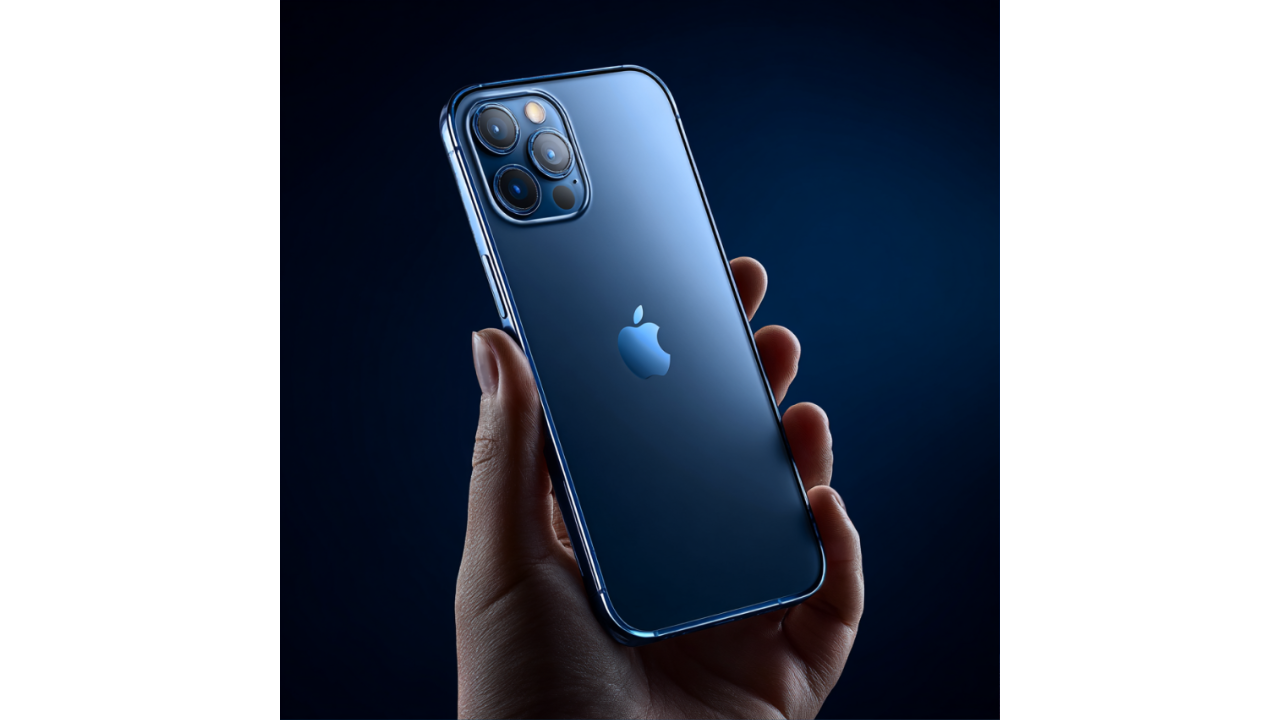Apple's First Real Threat in Decades? Maybe. Or Maybe Not.
John Sculley—the man who ousted Steve Jobs from Apple in 1985 before being ousted himself in 1993—has thoughts about his former employer's...
2 min read
 Writing Team
:
Sep 11, 2025 8:00:00 AM
Writing Team
:
Sep 11, 2025 8:00:00 AM

While the tech world obsesses over "AI-everything," Apple's latest product launch revealed something fascinating: the company that popularized the smartphone just proved that invisible intelligence beats flashy features. Their September 2025 event—focused on performance, security, and hardware—barely mentioned Apple Intelligence, yet the AI was working harder than ever behind the scenes.
This wasn't an oversight. It was strategic genius.
Apple's 2025 lineup launched with the iPhone Air squeezing "pro-level performance into 5.6mm titanium" and the Apple Watch Ultra 3 packing "5G, satellite connectivity, 42-hour battery." The marketing emphasized tangible benefits customers actually care about: thinner phones, longer battery life, better cameras, enhanced security.
Meanwhile, Apple Intelligence was quietly optimizing performance, enhancing fitness tracking, and powering real-time translation. The AI was everywhere—it just wasn't the headline.
This approach directly contradicts the current marketing playbook where every product announcement leads with "AI-powered" features. But Apple understands something fundamental about consumer psychology that most marketers miss: people don't want AI, they want results.
Recent research from the brain-computer interface market shows that 57.5% of healthcare applications focus on practical outcomes rather than technological complexity. The same principle applies to consumer technology. When customers hear "AI-powered," they often think "complicated, invasive, and potentially unreliable."
Apple's marketing teams recognize this psychological barrier. Instead of leading with artificial intelligence, they lead with human intelligence: understanding what customers actually want from their devices.
Consider Apple's AirPods Pro 3 launch. The headline features? "Double ANC, wider soundstage, heart rate tracking, real-time Live Translation." The AI doing the heavy lifting for noise cancellation, spatial audio processing, and instant language translation? Barely mentioned.
This reflects a sophisticated understanding of feature hierarchy in consumer decision-making. Customers buy outcomes, not algorithms. They want better sound quality, not "AI-enhanced audio processing." They want seamless translation, not "machine learning language models."
Apple's emphasis on the A19 and A19 Pro chips, 5G connectivity, and satellite features speaks to a deeper truth about sustainable product marketing: infrastructure improvements create lasting competitive advantages, while AI features create temporary buzz.
The company invested heavily in custom wireless chips (C1X and N1) that enable the iPhone Air's impossibly thin design while maintaining all-day battery life. This hardware innovation, powered by AI optimization, delivers tangible benefits customers can experience daily.
Perhaps most tellingly, Apple led with "Memory Integrity Enforcement" and advanced security features rather than expanded AI capabilities. In a world where consumers increasingly worry about privacy and data security, emphasizing protection over intelligence shows remarkable market awareness.
The message is clear: we're using AI to make your device more secure and efficient, not to collect more data about you. This positioning directly addresses the primary consumer concern about AI integration.
Apple's restrained AI marketing serves a crucial strategic purpose: when AI features inevitably face backlash (privacy concerns, job displacement fears, reliability issues), Apple won't be positioned as an "AI company." They'll remain a "design and experience company" that happens to use artificial intelligence thoughtfully.
This approach also allows for sustainable innovation cycles. While competitors exhaust customers with constant AI feature announcements, Apple can gradually introduce more sophisticated capabilities without triggering AI fatigue.
Apple's 2025 strategy offers several key insights for marketers:
Lead with outcomes, not technology. Customers don't buy AI, they buy better experiences.
Invisible integration beats visible complexity. The best AI marketing often doesn't mention AI at all.
Address concerns proactively. Security and privacy messaging can differentiate in an AI-saturated market.
Build sustainable competitive advantages. Hardware improvements last longer than software hype cycles.
As artificial intelligence becomes commoditized, companies that integrate it seamlessly while marketing the human benefits will create lasting differentiation. Apple's approach suggests the future of AI marketing isn't about promoting artificial intelligence—it's about delivering enhanced human intelligence.
The lesson for marketers? Stop selling the algorithm and start selling the outcome. Your customers will thank you, and your conversion rates will prove it.
Ready to develop AI marketing strategies that actually convert? Winsome Marketing's growth experts help you navigate the difference between AI hype and AI results. Let's talk.
.png)
John Sculley—the man who ousted Steve Jobs from Apple in 1985 before being ousted himself in 1993—has thoughts about his former employer's...

Apple researchers published a study on DarkDiff, an AI model that dramatically improves extremely dark photos by integrating diffusion-based...

While the tech world debates AI regulation and market valuations, a quieter transformation is unfolding in mobile app development. With iOS 26's...